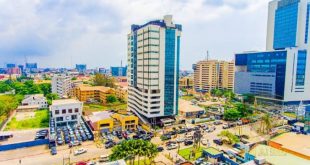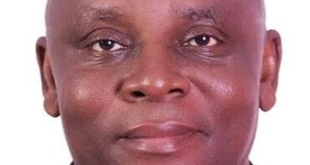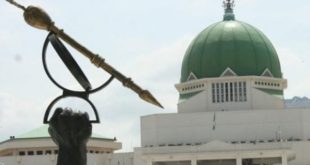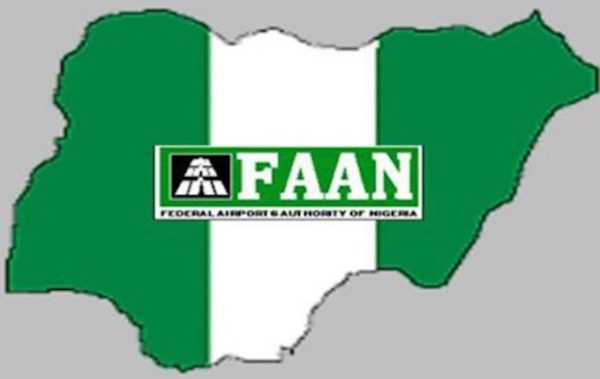
Two weeks ago, Nigeria’s Minister of Transportation, Hon. Rotimi Amaechi led journalists for an inspection of railways being developed by Chinese contractors and one of the observations at all rail stations was the translation of the welcome notes in English and Chinese only.
While these routes are within Nigeria, precisely between Lagos and Ibadan, the rail stations at Apapa, Ebute-Metta, Moniya, among others have no reason to be translated to Chinese since they aren’t international routes.

If the motive is to drive nuances of local dialect; Yoruba, Igbo and Hausa should be the top language alternatives to the English welcome notes of the electronic devices.
Perplexed by the Chinese language, the Transport Minister directed the operators of the Apapa rail station to change the language before the new facility is launched by President Muhammadu Buhari, next month.

While some analysts have itemized this development as a desperate attempt by China to recolonize Nigeria and subjugate the nation to another wave of cultural imperialism; others say it is only an oversight as the equipment was originally programmed in China and English.

Meanwhile, during a train ride with the Minister of Transport and some heads of Transport agencies recently, our correspondent observed that the operators of the executive train were all Chinese bar one Nigerian lad with
All instructions to stop the train for passengers to alight or enable the Minister get a closer look of the railway corridors were impossible with ‘Onome’, the young Urohbo boy in his twenties who was the translator for the non-English speaking train operators.
As Nigeria prepares to get technology transfer from the Chinese operators during and after the completion of the Build Own Operate and Transfer (BOOT) model for the railway, industry observers have expressed concerns over the language barriers.
Perhaps Onome becomes indisposed, how would the Chinese operators communicate effectively with the Nigerian Railway Corporation (NRC) workers for seamless operations?
The average cost per kilometer (km) of the new Nigerian rail line exceeds similar projects under the Programme for Infrastructure Development in Africa (PIDA), as estimated by the African Union (AU) by, at least, 100 percent, should the nation also suffer traits of cultural imperialism from China also, some industry observers have asked.
When the Federal Government announced that it signed a Memorandum of Understanding (MoU) with Mota-Engil Group for the construction of the 283.75 Kano-Maradi standard-gauge rail at a contract cost of $1.959 billion; a breakdown of the contract sum shows that it will cost the Federal Government approximately $6.91 million (or N2.6 billion) per km to deliver the project expected to be ready in the next three years.
Findings have shown that it is much cheaper to deliver similar projects in other parts of Africa. More importantly, the quotation for a similar distance under Africa’s rail connectivity programme being discussed at the continental level is less than half of what Nigeria will spend to execute a bilateral project but which the country has chosen to shoulder alone.
In an AU document titled ‘Towards the African Integrated High-Speed Railway Network (AIHSRN) Development’, the Union puts the estimates of the new railway line needs of the continent at 12, 000km, which are expected to be completed at a cost outlay of $36 billion. At the estimated cost, the quote per km of rail track is $3 million, without elements of imperialism.
 MMS PLUS NG – Maritime, Aviation, Business, Oil and Gas News Online Newspaper with coverage in Maritime, Oil and Gas, Aviation, Power and Energy as well as Financial News
MMS PLUS NG – Maritime, Aviation, Business, Oil and Gas News Online Newspaper with coverage in Maritime, Oil and Gas, Aviation, Power and Energy as well as Financial News









